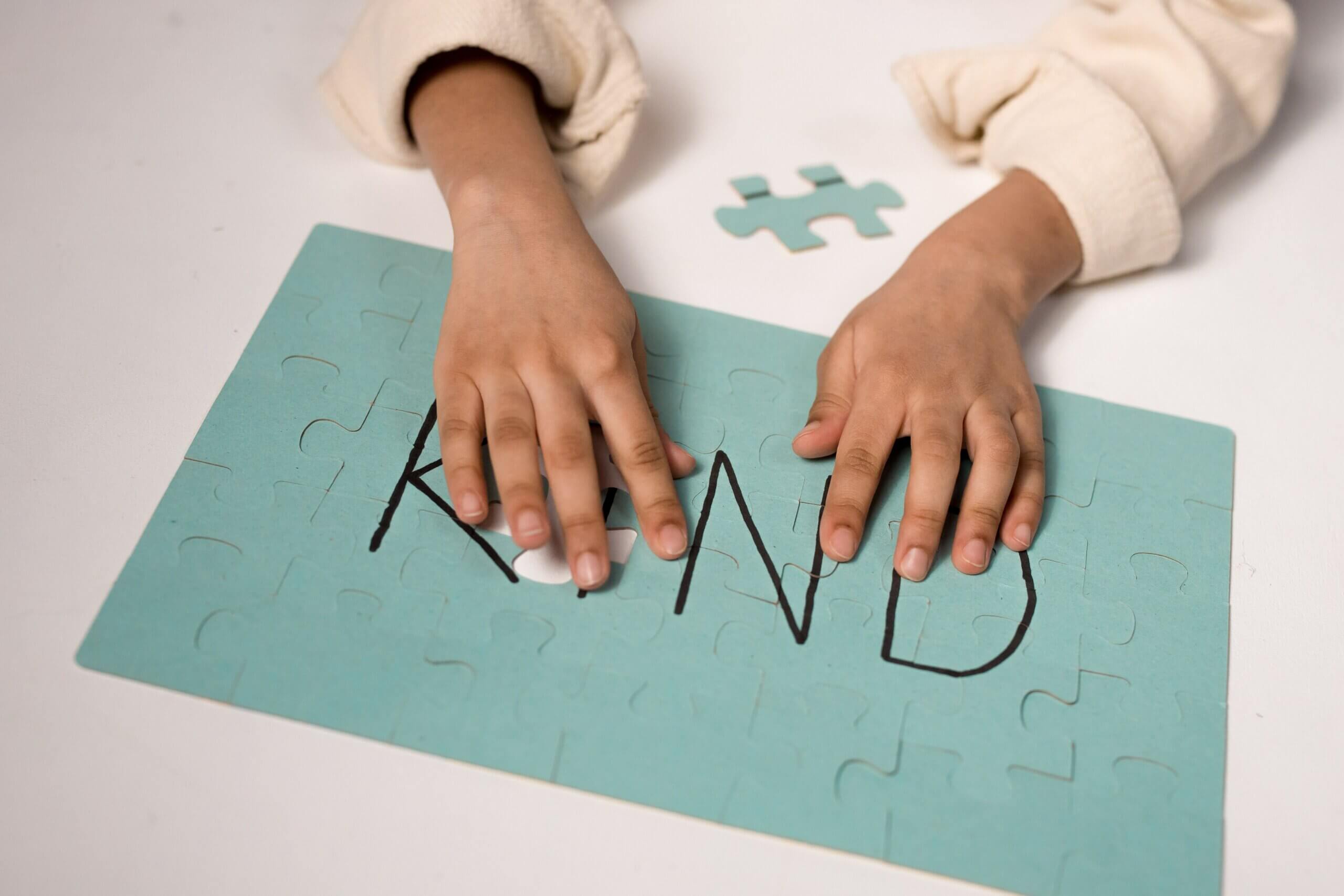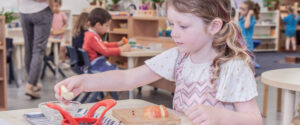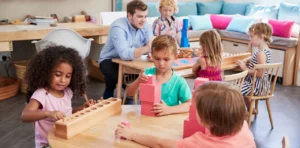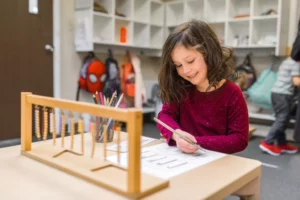It is a myth that kids naturally develop kindness and empathy skills. Parents, caregivers, and teachers have to put effort into developing kindness in kids. However, it does not mean to teach your kids kindness like you make them learn writing or reading.
Some children fail to recognize the subtle cues that they are upsetting those around them. And some struggle to put themselves in the shoes of others. Also, some children struggle to understand the concept of kindness.
So, how do you teach your children to be kind without turning them into bullies?
Developing Kindness in Kids
You can take some simple steps to instill empathy and kindness in your children.
#1 Always model kind behavior
Do you make fun of people you don’t know? Do you gossip about your relatives or friends when they are not present? Do you ever treat your spouse, pets, or children demeaningly?
The apple falls far from the tree. Your words will have little impact if you tell your child to be kind while modeling negative, unkind behavior. Children will do what they see, not what you tell them to do. Be an excellent role model for your child.
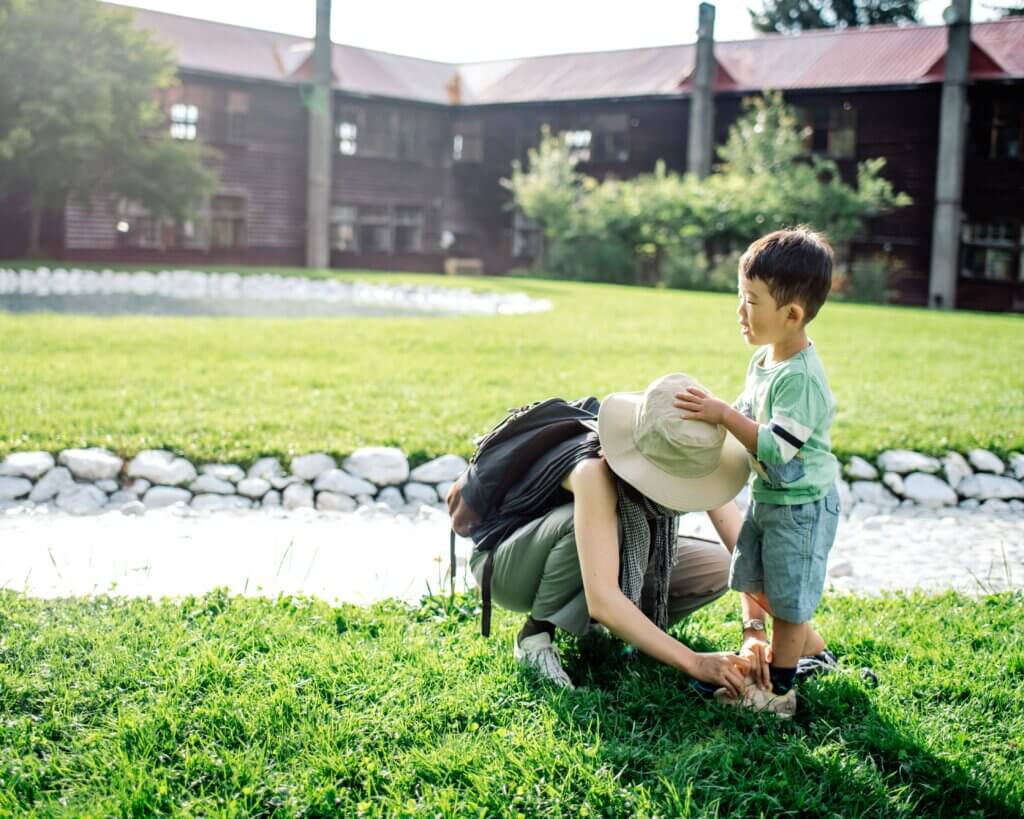
When redirecting or disciplining your child, show them respect. Kindly communicate with your spouse. Your children will follow in your footsteps. It is one of the best ways to develop kindness in your kids. Model kind behavior and let your kid learn from you.
#2 Help kids understand people’s emotions
If your child struggles to read social cues, play a game I call “Guess the Feeling.” Sit in a park or a shopping mall and observe people. If you enjoy people-watching, this game shouldn’t be too difficult.
Find someone who is displaying an extreme emotion, such as joy, sadness, or anger. “What do you think they’re feeling?” ask your child. Ask them to make up a story about what might be going on.
This teaches children to recognize nonverbal cues to how others feel and to put meaning behind emotions. This game can help kids develop empathy and kindness.
#3 See how your little one reacts to teasing
Some families enjoy teasing each other, but some children are sensitive to it. Some parents believe their teasing is not cruel, but if your child reacts by crying and storming away, chances are they are feeling degraded.
Would you want your child to make fun of their peers the way you do? Some parents may believe they are simply “toughening up” their children or being playful, but children frequently take it out on their peers.
The tone that their family sets teach children how to be playful. Children will believe it is accepted elsewhere if mean-spirited taunting is acceptable at home.
#4 Teach small acts of kindness
Set a good example for your children by assisting strangers, friends, and family. Tell them that it feels good to help others, even if you don’t get anything in return. Create opportunities for your family to help others.
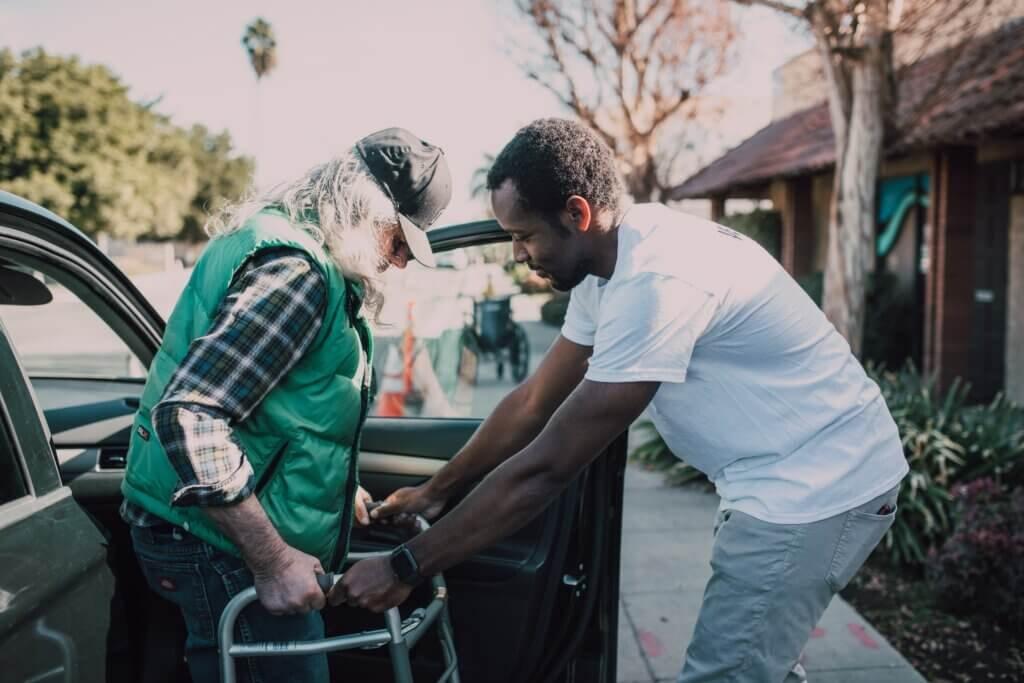
Teach your child that even small acts of kindness can make a big difference. Explain to your child why you are holding the door for someone else, allowing someone to cut in front of you in traffic, or assisting someone whose hands are full. Explain that it is nice to be helpful even if the person does not express gratitude or appreciation. You should give to give rather than to get.
#5 Do not let your kid be rude to you
If you allow your child to be rude to you, they may believe it is acceptable to be rude to others as well. Kindness begins at home.
There are non-punitive ways to correct your child’s tone and improve their manners. Tell them that being rude is not good and it can hurt the person.
Takeaway:
Most of us would be shocked to learn that our children were mistreating others. However, if we do not teach kindness and empathy to our children, we may not be assisting them in becoming the best people they can be. Montessori Education is the best option when it comes to teaching your kids important skills. You can find the best Montessori school and let your kid enroll there. Teachers at Montessori schools let little ones indulge in multiple activities that help them develop essential skills.

